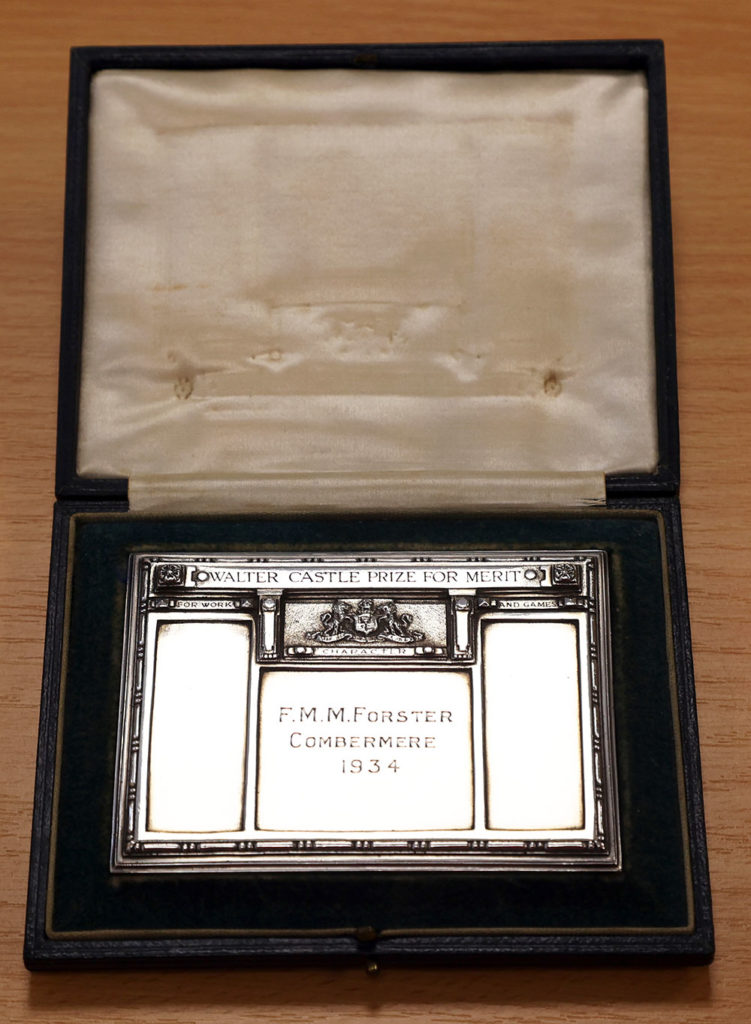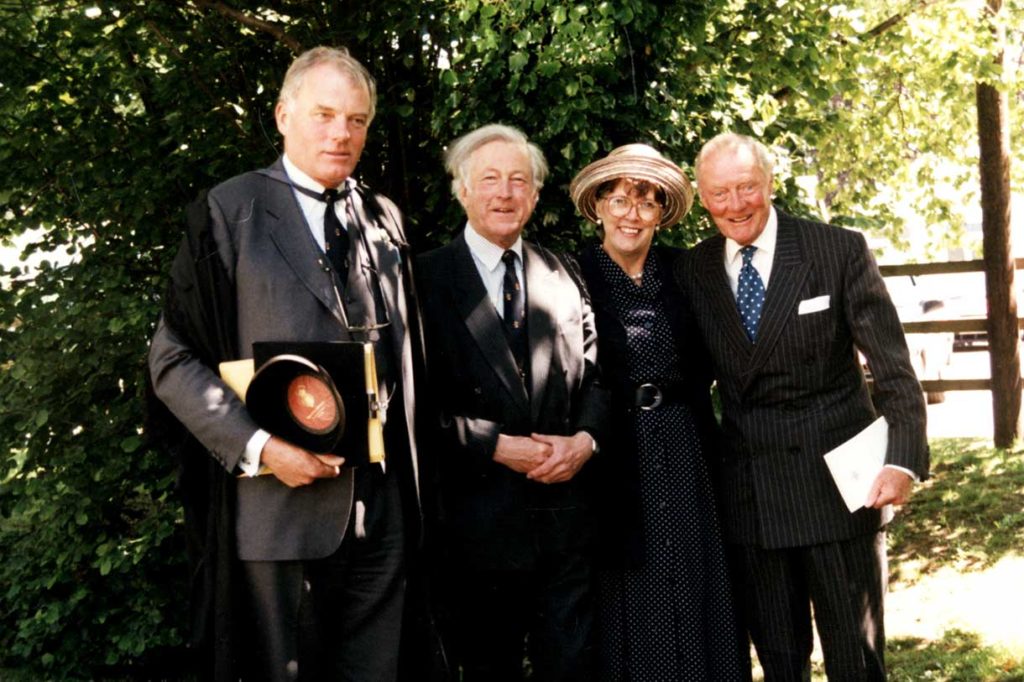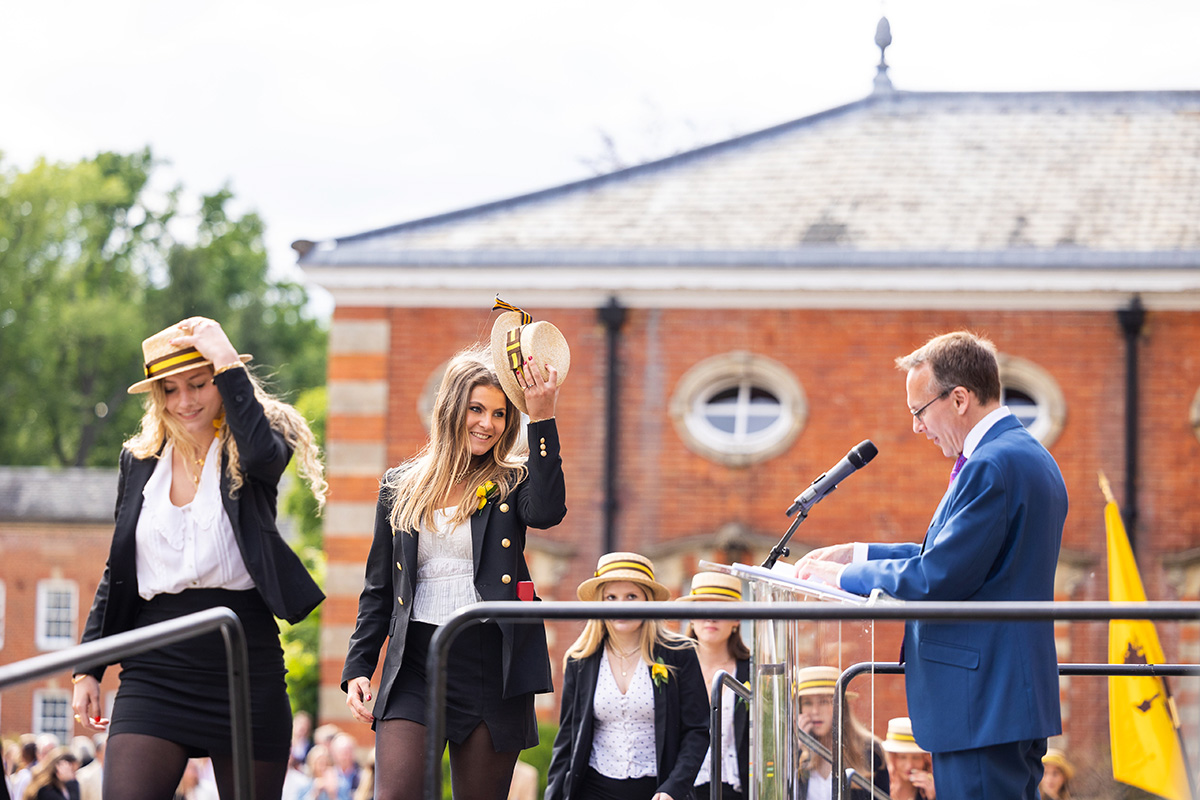Change and Continuity
Speech Day at Wellington has seen many changes, even to fundamental elements such as the date. From early years Waterloo Day, June 18th, became traditional, changing after the First World War to the nearest Saturday to that date. Since the 1950s it has moved gradually earlier, eventually to the May date used now.
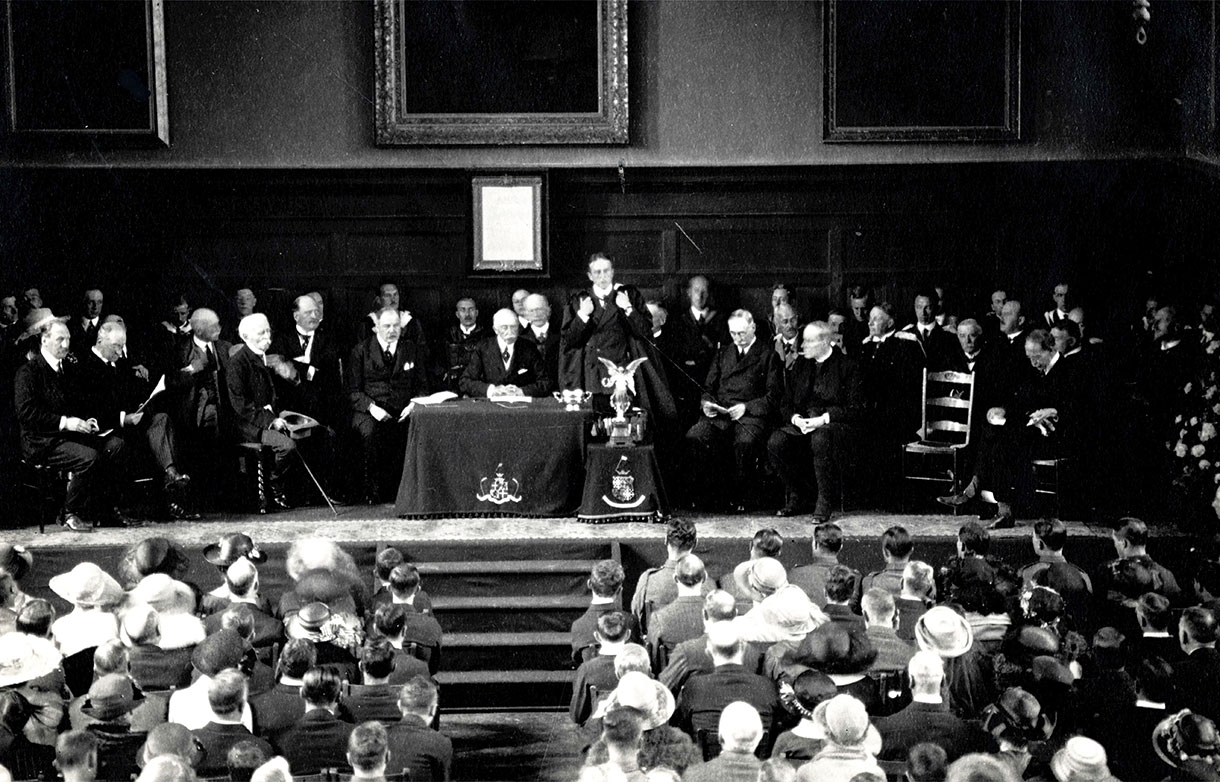
Edwardian mourning sensibilities led to the day’s cancellation four times between 1900 and 1910, and a simpler, low-key event was held during the two World Wars. In 2020 and 2021, in response to the global Covid-19 pandemic, Speech Day went online and became a virtual event. With these exceptions, the day has been held annually since 1859.
The venue used has also varied, as College numbers grew and the buildings expanded. Great School, Waterloo Hall, Old Gym, the Dining Hall, Christopher Lee Theatre and Newsome Sports Hall have all been used for prize-giving over the years. The current Big Top was introduced in 2013.
In earlier times women did not play an active role, but thankfully this has now changed. In 1967 the Duchess of Gloucester may have been the first woman to present the prizes, while in 1997, chef Prue Leith was the first to give a speech.
For many years Old Wellingtonians have been a key part of the day, with a College v OW cricket match and telegrams from OWs around the world. During the 1940s and 1950s, the OW swimming match was followed by a ‘General Bathe’ during which anyone who wished could pile into the swimming pool.
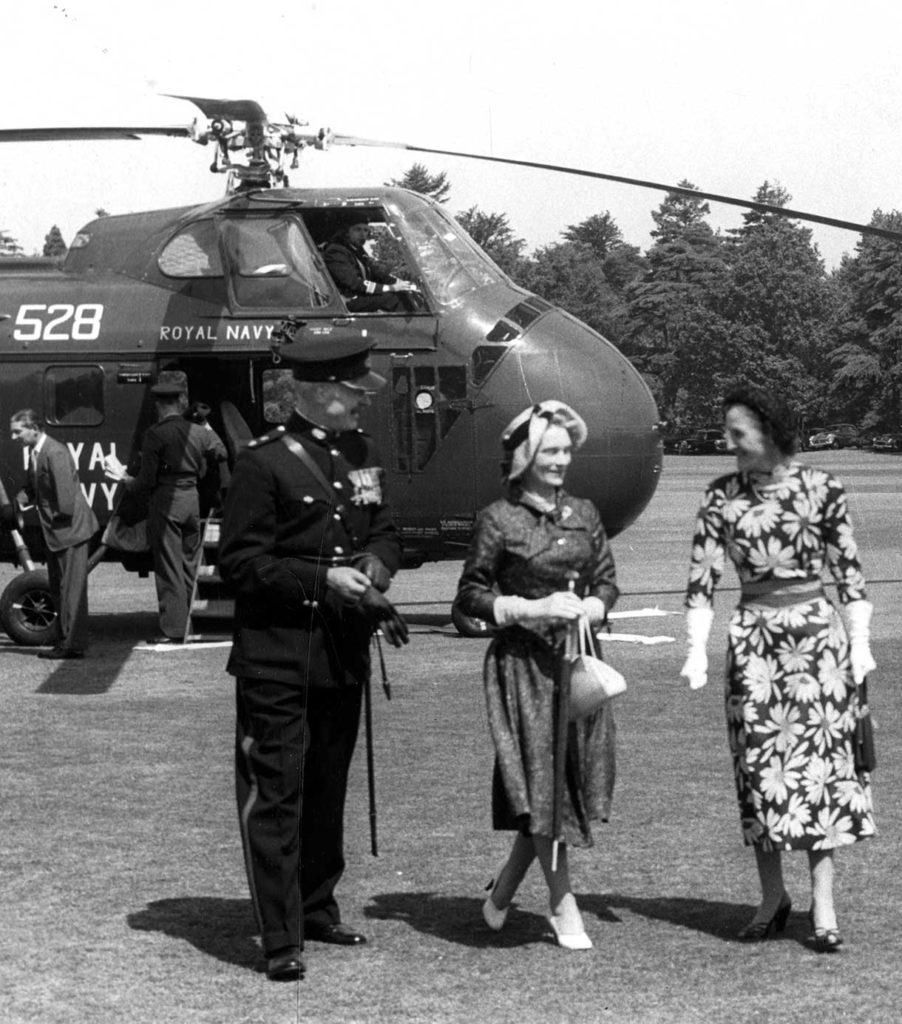
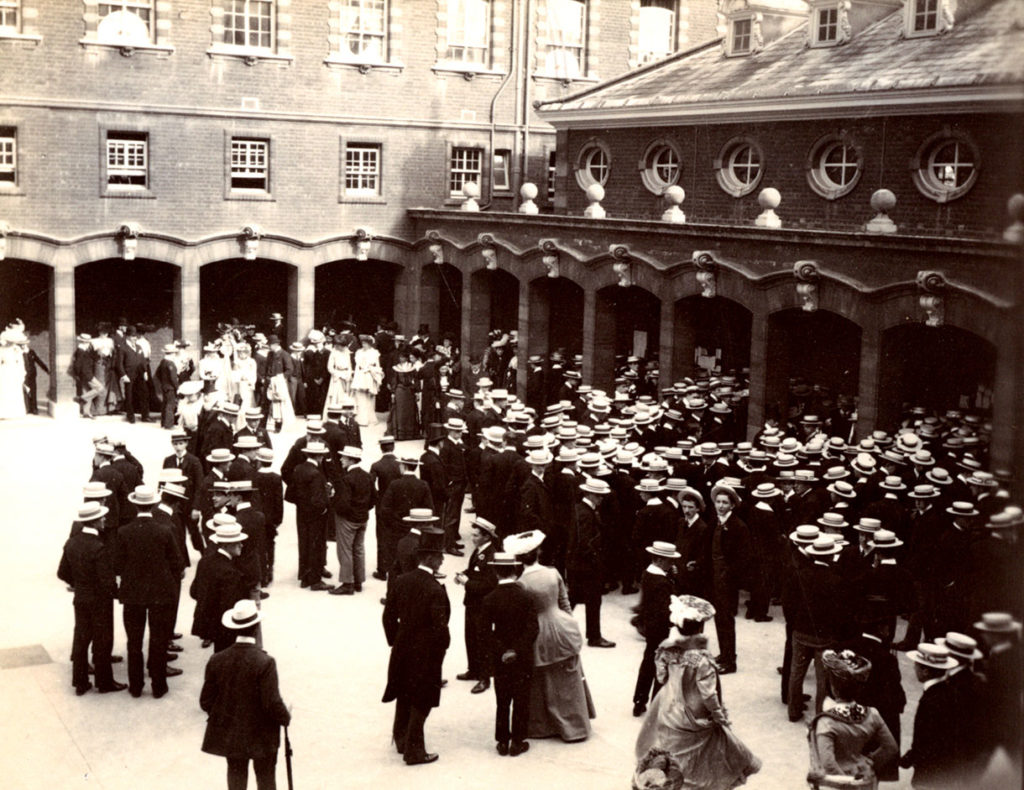
The entertainment on offer has grown year on year. Exhibitions of students’ artistic, musical and physical talents have been supplemented with displays showcasing societies, expeditions, and service. On occasions when Speech Day was not followed by a holiday, there were evening entertainments such as film shows or fireworks.
Prize-giving has always formed the central part of the day, and some prizes including the Queen’s Medal, Lord Derby’s Gift and Prince Consort’s History Prize have been awarded ever since the 1860s. The Master’s Speech is another indispensable feature. Callover, at first the regular ‘register’ of students taken daily, has become gradually more ceremonial and now forms a unique and special end to the day.
